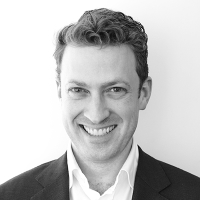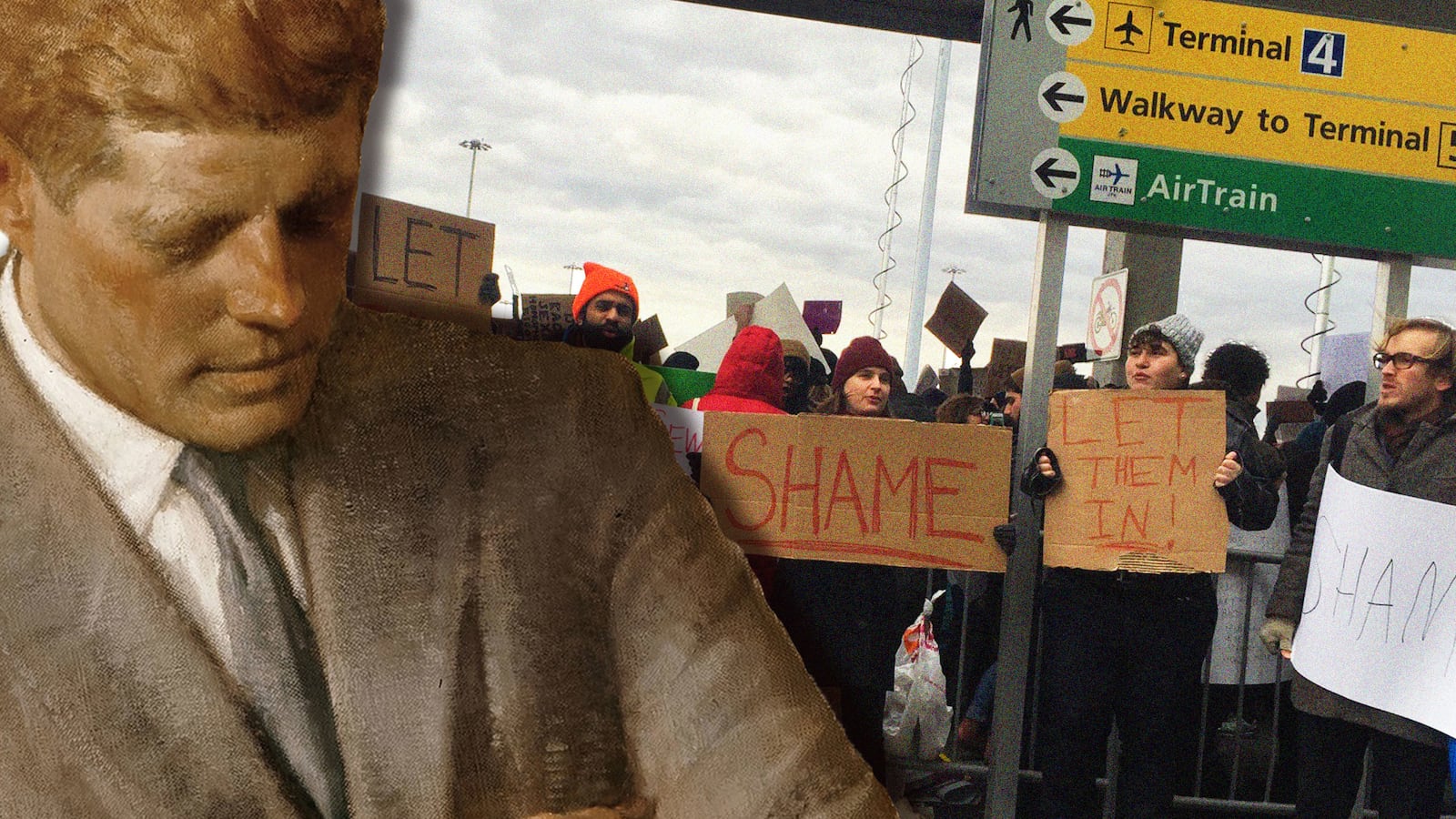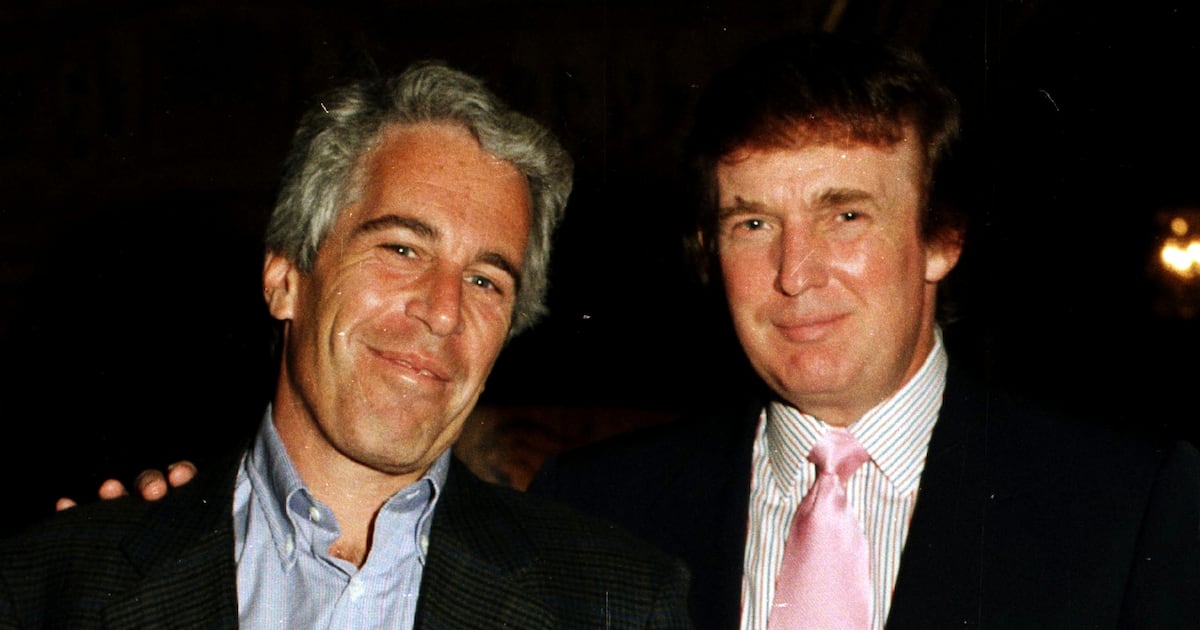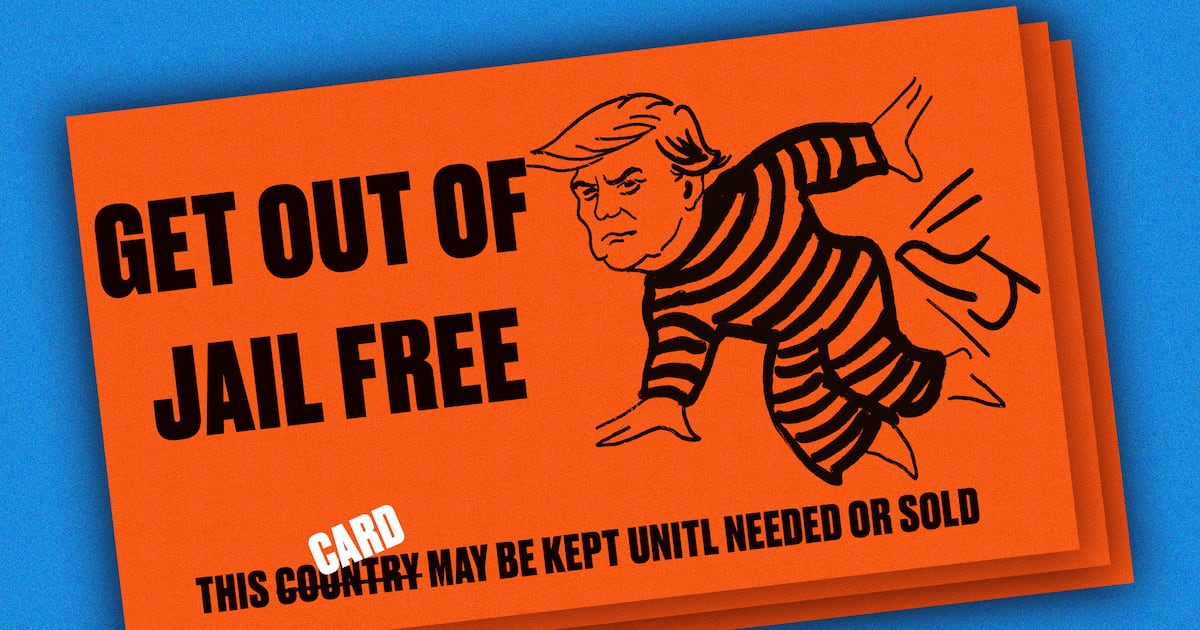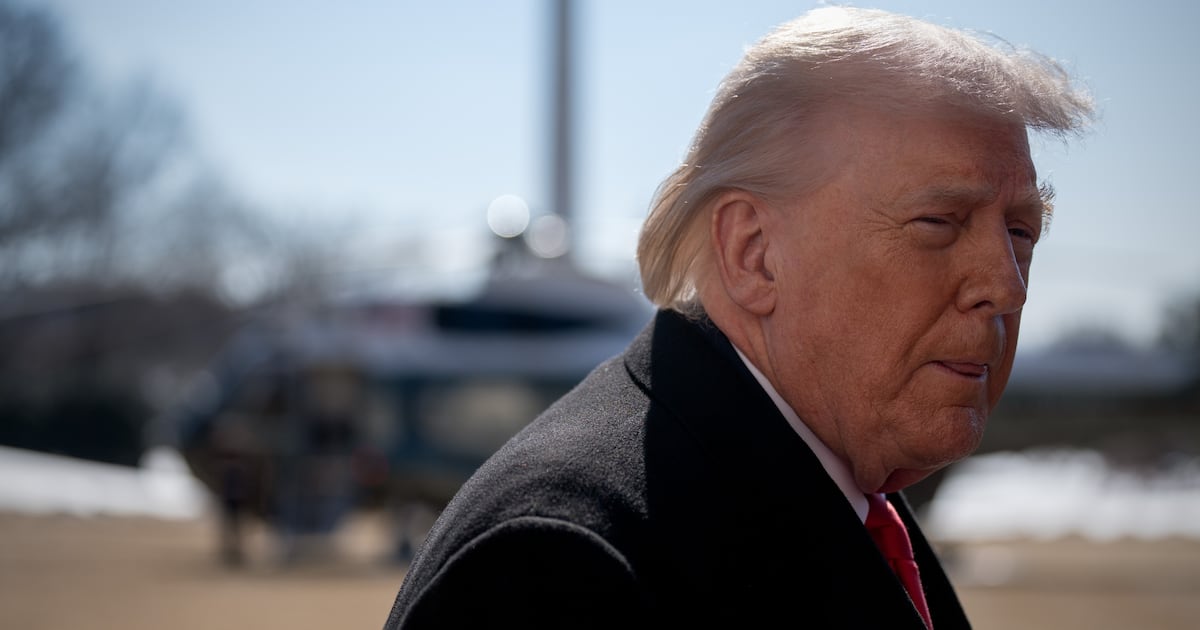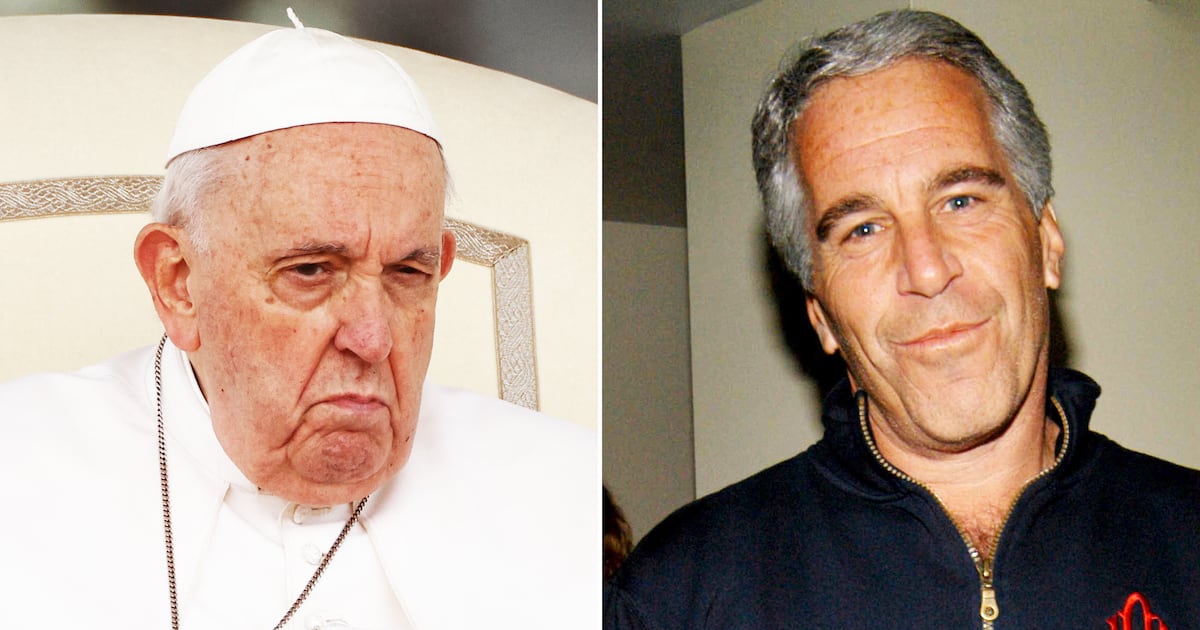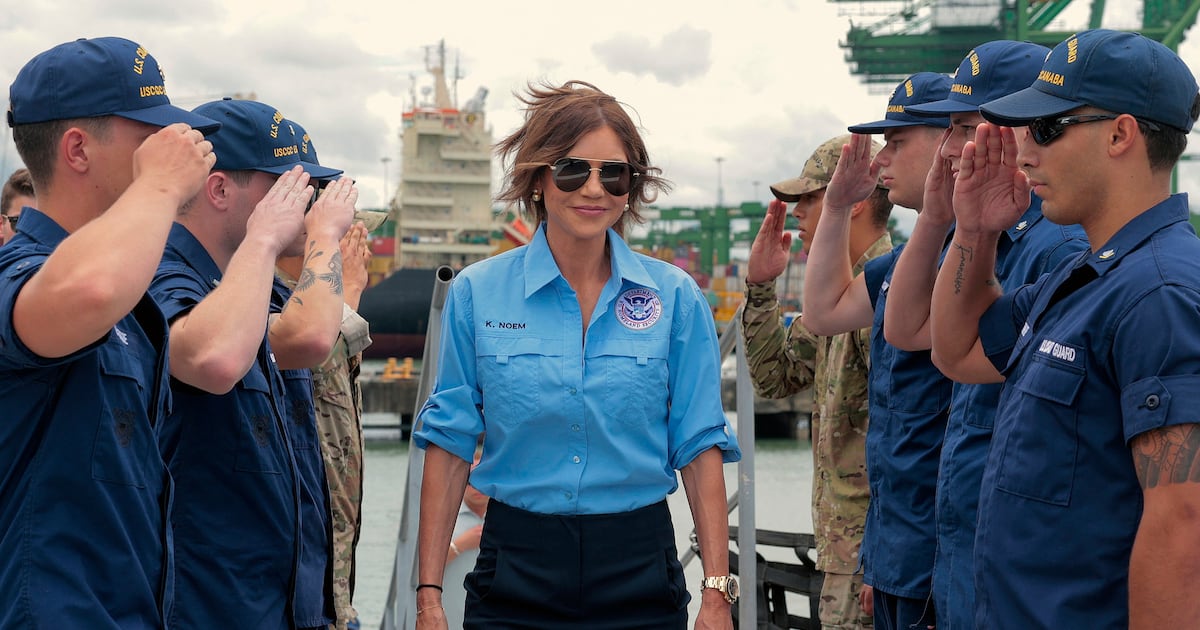JFK would bristle at what’s happening at JFK International Airport.
On the order of President Donald Trump, 12 people were detained without due process as soon as they landed in America’s most cosmopolitan city, New York, from points as far as Syria and as close as Boston.
The official language of Trump’s order doesn’t mention religion, but only predominantly Muslim countries are named, and he said he would prioritize Christian refugees. “Countries compromised by terrorism” excludes, for example, France (home to three spectacular terror attacks in two years) and Belgium (the per capita leader of fighters sent to Syria). The order permanently bars Syrian refugees, suspends entry to other refugees for 120 days, and suspends entry of citizens from several predominantly Muslim countries for 90 days. The countries are Iran, Libya, Somalia, Sudan, Syria, Yemen, and the country the U.S. destroyed: Iraq.
That didn’t stop a brave Iraqi named Hameed Khalid Darweesh from working with the U.S. Army as a translator to try to undo the damage. Darweesh was reportedly marked for death twice for collaborating with Iraq’s occupiers, so it’s no surprise he sought safety in the United States.
As soon as he landed in the U.S., though, he was locked up.
“What I do for this country? They put the cuffs on,” Darweesh said to reporters after his release, miming handcuffs behind his back. “You know how many soldiers I touch by this hand?”
That a man who risked his life for the United States in a faraway land should be discriminated based solely on his religion is a story as shameful as it is well-trodden.
Before he was “JFK,” he was U.S. Navy Lt. John Fitzgerald Kennedy, commander of a torpedo boat in the south Pacific during World War II. A Japanese destroyer cut his boat in two, leaving ten men to swim to an island. Kennedy put a strap from a badly burned man’s life jacket in his teeth and swam the two of them three miles to safety.
Nearly 20 years later when he endeavoured to take the same oath as president he took as a sailor, JFK’s conduct in combat wasn’t proof enough of his patriotism for some.
He was a Roman Catholic and that gave pause to millions of voters, especially in the South, to installing a potential puppet of the pope in the White House.
Catholics, the thinking went, obeyed an unelected man, supposedly infallible, living in a theocratic city-state. They spoke a dead language at their religious services, reading the Bible in that same language. They even believed they were eating the body and drinking the blood of their savior every Sunday.
It was as foreign sounding as some precepts of Islam sound to some today.
And as hard as it is to imagine today that a Catholic couldn’t become president, it wasn’t in 1960. Barely 30 years earlier, Gov. Al Smith of New York’s Catholic faith likely contributed to his defeat in the 1928 presidential race. Nevermind the Constitution’s prohibition on a religious test for public office, the voters are the ultimate arbiters.
So Kennedy knew he had to face the issue, head-on.
“For contrary to common newspaper usage, I am not the Catholic candidate for President,” he told the Greater Houston Ministerial Association on September 12, 1960. “I am the Democratic Party's candidate for President who happens also to be a Catholic. I do not speak for my church on public matters; and the church does not speak for me.”
Darweesh and other refugees aren’t running for president, but they would like to live in America. Kennedy wanted them to live in an America that wouldn’t discriminate on the basis of religion--he knew doing so would destroy the country:
“For while this year it may be a Catholic against whom the finger of suspicion is pointed, in other years it has been -- and may someday be again -- a Jew, or a Quaker, or a Unitarian, or a Baptist. It was Virginia's harassment of Baptist preachers, for example, that led to Jefferson's statute of religious freedom. Today, I may be the victim, but tomorrow it may be you -- until the whole fabric of our harmonious society is ripped apart at a time of great national peril.”
Kennedy continued:
“Finally, I believe in an America where religious intolerance will someday end, where all men and all churches are treated as equals, where every man has the same right to attend or not to attend the church of his choice, where there is no Catholic vote, no anti-Catholic vote, no bloc voting of any kind, and where Catholics, Protestants, and Jews, at both the lay and the pastoral levels, will refrain from those attitudes of disdain and division which have so often marred their works in the past, and promote instead the American ideal of brotherhood.”
JFK would be ashamed at what is being done at the airport in his name, by a man who sits in the same office and writes on the same desk he did.
